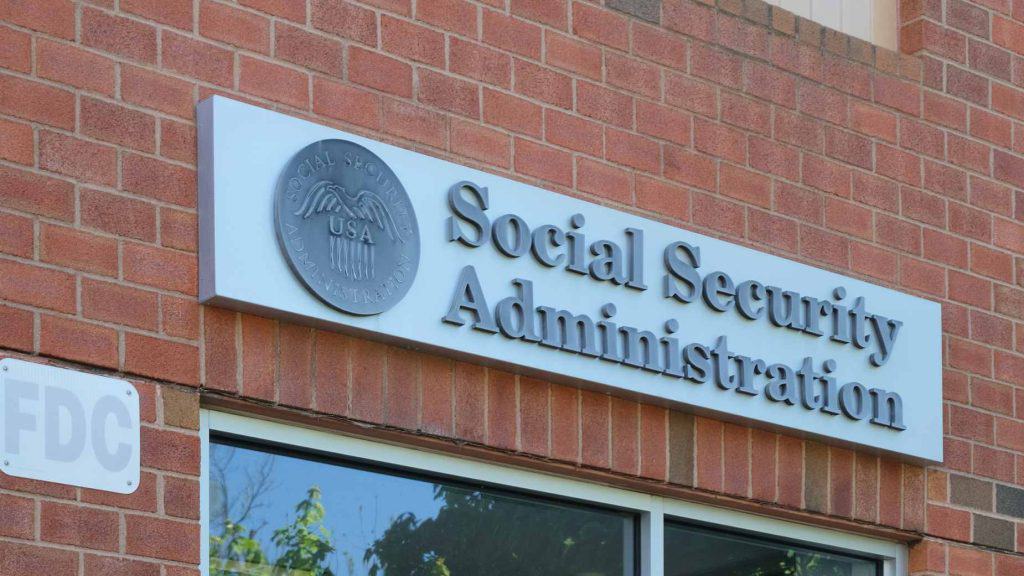
Social Security is a complex system. Run by the Social Security Administration (SSA) most people assume it is just retirees who receive checks ever month to cover monthly expenses, but this could not be farther from the truth. The SSA runs five main programs, each with their own quirks and details that can be unknown to those that do not or have not needed federal assistance in the past. Even then, the system is so complex that it takes time to understand the intricacies of every program and most people do not tend to stray from the one that they belong to.
These are some things about the programs that you may not know.
Retirement, better known as Social Security
Everyone thinks they know Social Security, after all it is what many people strive for during their career, retire and receive a monthly check to cover expenses. But there are many things that many do not consider about these benefits. Probably the most important thing is that full retirement age does not mean maximum benefit obtained.
For those who are willing to wait to collect payments (although they can stop working at full retirement age, which is when their average indexed monthly earnings are calculated into the base benefit or primary insurance amount), retirement benefits increase by up to 8% annually until age 70. This means that your benefit can be 24% higher than you expect by doing literally nothing. Of course, not many will be able to do this, but if you can delay even a year the increase would be worth the wait.
Benefits for spouses and ex-spouses
One of the common misconceptions about retirement benefits is that you have had to work to qualify, but this is not entirely true. Both current spouses and former spouses can apply for benefits based on the retired person’s record as long as they have the higher benefit. For ex-spouses it is a bit trickier, as they cannot have remarried and must have been married to the beneficiary they are trying to claim on for at least 10 years. This is to ensure that those who were dependent on their partner during the marriage have their own resources should anything happen to the breadwinner. Ther is no limit to the number of spouses and former spouses that can claim this benefit. In fact, an ex-spouse claiming will not affect the current spouse’s eligibility.
Disability benefits
These may be the second most known benefits after retirement. They are available to workers who have a chronic or an acquired disability and have worked for a number of years to allow them to qualify. This payment is also linked to the Medicare program as disabled people have higher healthcare needs (usually people have to wait until age 65 to be able to be enrolled in Medicare).
This program helps disabled workers maintain their independence and a stable income wile also ensuring that, should their condition improve or they receive enough retraining for a better suited job, they still have a safety net in case it does not work out.
Dependent Support
Better known as Family benefits, it corresponds to the children or retirees or their dependents with a permanent disability. For those retirees who find themselves with children under 18 or a permanently disabled child, this benefit helps give an extra amount to support the family. The child does not have to be a direct biological relative, it can apply to stepchildren, grandchildren and adopted children as long as they fit the criteria.
If the retiree passes away, Social Security will continue to provide a continuing income to spouses, children, and dependents. This will help families deal with the financial loss of the breadwinner.





























